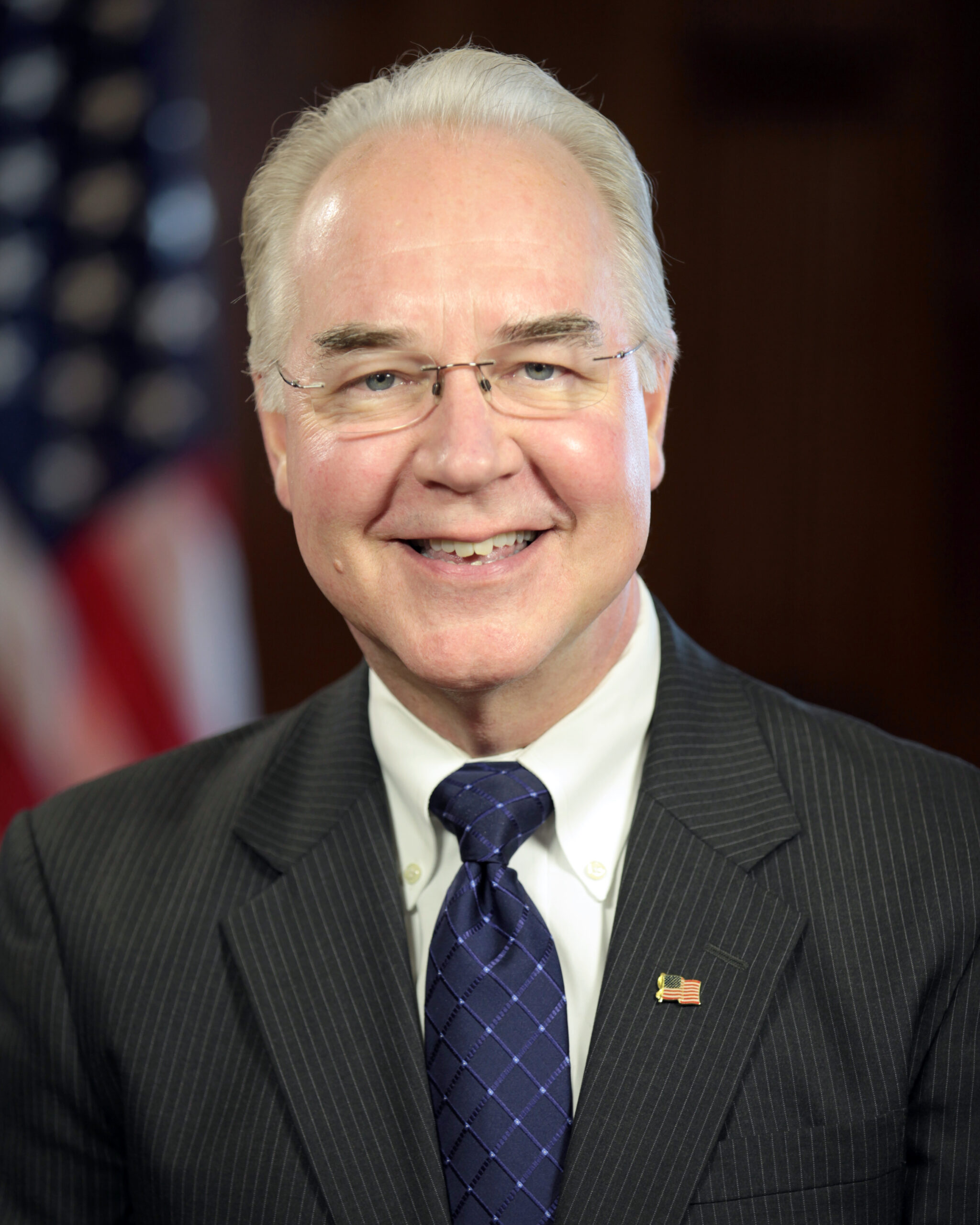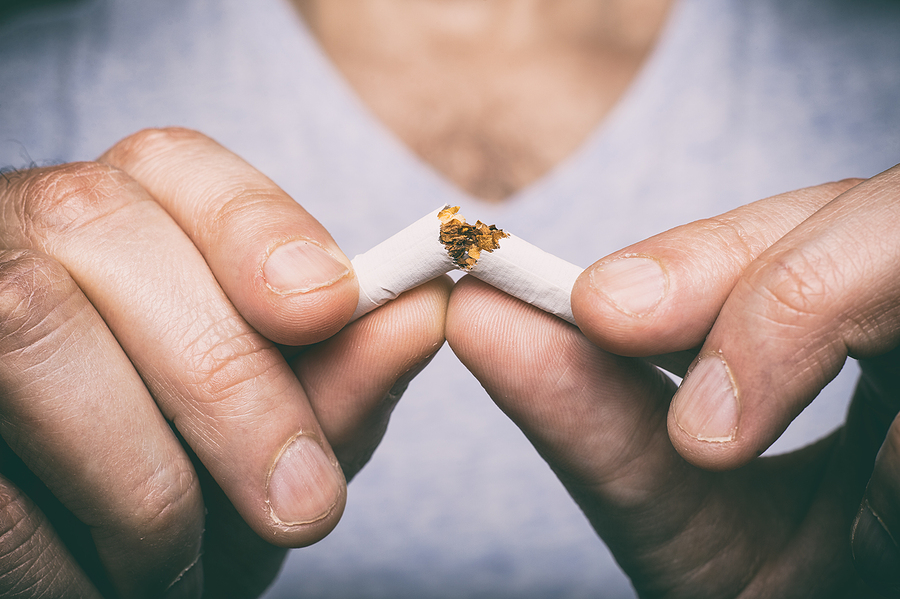Nearly 250 years ago, the Continental Congress declared America independent from Britain and birthed a new nation. Now, to millions of Americans, life, liberty, and the pursuit of happiness are still threatened by the leading cause of preventable death: smoking.
However, thanks to innovative science and research, we now have smoke-free options that offer current smokers a much better alternative to continued smoking.
To help the over 28 million Americans who smoke but don’t quit, leaders in Washington should make declaring independence from smoking a policy priority by protecting adult Americans’ access to these alternatives. Through common-sense policies, we can finally throw combustible cigarettes by the wayside like the overtaxed tea the Sons of Liberty dumped into Boston Harbor when they sowed the seeds of independence.
Here is what Washington should do to help America declare independence from smoking:
Embrace truth over misinformation
Unfortunately, the public policy space is polluted with misinformation on the promise innovation has to drive down smoking, and it’s not just coming from anti-tobacco groups; it now includes academics, media outlets, and public health agencies who should know better.
As a former secretary of the Department of Health & Human Services (HHS) and as someone who has been fighting cigarette smoking since losing my father to lung cancer and throughout my career as a physician, I know firsthand that many more lives could be saved if the conversation was instead focused on honest facts and science. Decision makers in Washington should recognize that recent substantial declines in cigarette smoking are likely due in part to the increased availability of tobacco harm reduction products like smoke-free alternatives that can be better for someone’s health. Misinformation about these products has led to significant confusion and hindered the development of new policies that could play an essential role in ending smoking, and it should be stopped.
Consider nicotine as a tool for harm reduction
The truth is that while nicotine is addictive and not risk-free, it is the chemicals produced when cigarettes are burned, and smoke is inhaled that cause smoking-related disease. As the FDA has admitted, “This toxic mix of chemicals—not nicotine—causes serious health effects among those who use tobacco products, including fatal lung diseases, like chronic obstructive pulmonary disease (COPD) and cancer.”
Therefore, we should recognize that nicotine, while at the core of the problem, may also be the key to its solution: switching smokers from cigarettes to non-combustible nicotine products before it is too late will most certainly help drive positive change and provide better health outcomes.
Incentivize innovation
As we know from studying all sorts of diseases and ailments, scientific innovation is critical to advancing breakthrough therapies and achieving revolutionary public health outcomes. Yet, the FDA continues to stall on communicating the facts and educating the public about innovative smoke-free products that exist today. The FDA has already authorized the sale of a handful of non-combustible tobacco products and deemed them “appropriate to promote public health.” As a doctor, I am perplexed why the FDA hasn’t – at the very least – meaningfully addressed misperceptions about nicotine and smoke-free alternatives to the medical community.
The fact that smokers, the public, and even doctors don’t understand the science of nicotine and the relative risks of non-combusted nicotine products compared to cigarettes – the most harmful form of tobacco use – clearly demonstrates a public health failure. Therefore, Congress, the FDA, CDC, and HHS should communicate with medical professionals to address misperceptions about nicotine, the risk continuum, and authorized products. They should collaborate with all relevant stakeholders – medical professionals, public health experts, patient advocates, current smokers, and yes, the tobacco industry – to establish a workable process to bring innovative products to market and educate the public on the benefits of these products over traditional cigarettes.
We, the people, have the power to declare our nation’s independence from smoking and stop an estimated half million Americans dying every year from combustible cigarettes. Still, we need leaders in Washington to take a realistic approach that embraces the truth about tobacco harm, combats misinformation, and incentivizes innovation. We should welcome input from a diverse array of medical professionals and experts to craft realistic tobacco harm reduction policies, not just from anti-tobacco groups advocating for idealistic policies.
Like the diverse group of policymakers, physicians, scientists, and other community members who signed the Declaration of Independence in 1776, declaring independence from smoking in 2024 will require a broad coalition of stakeholders standing up for common-sense ideas. By coming together, embracing modern innovations, and leveraging the tools at our disposal for effective harm reduction, we can declare independence from combustible cigarettes and leave the smoke for barbecued meats and fireworks displays.


